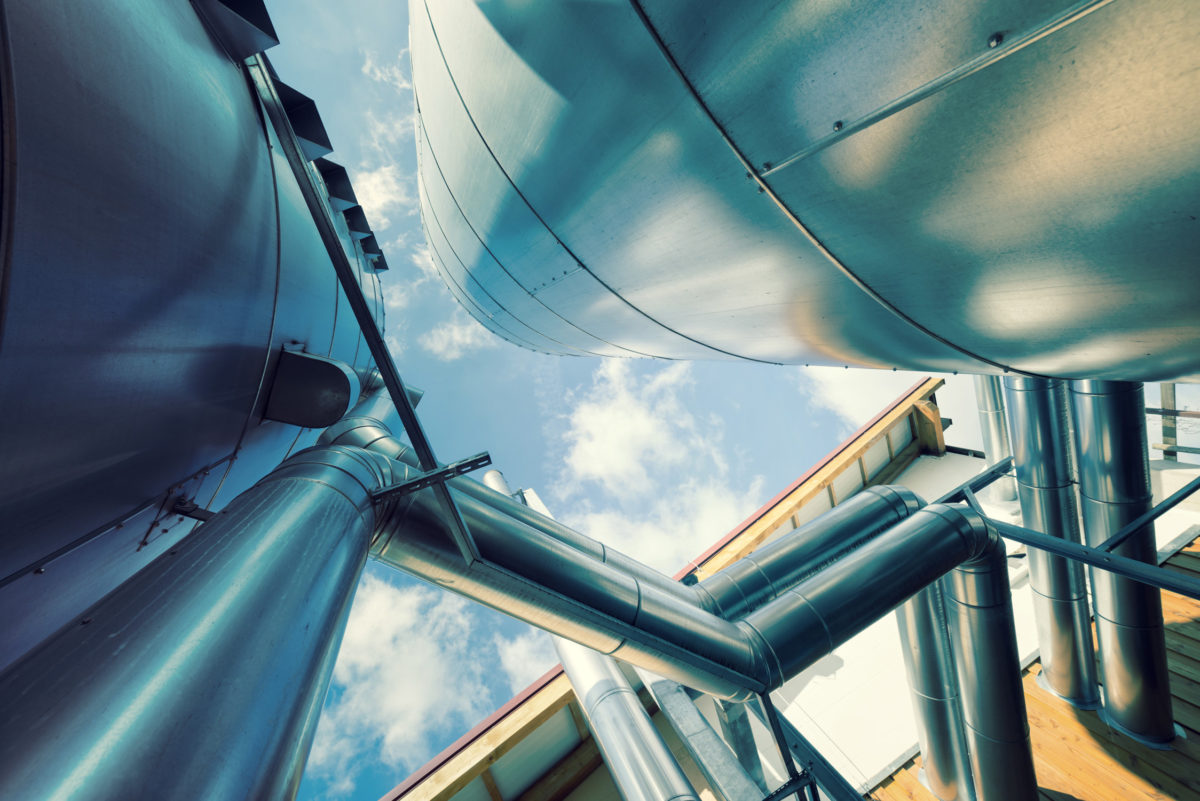In an effort to focus ARENA’s impact upon the transition to renewable energies, the Agency’s new investment plan directs itself toward three key priority areas: the integration of renewables into the grid, the acceleration of the development of Australia’s hydrogen industry and the reduction of emissions.
ARENA CEO Darren Miller said the agency’s investment priorities were updated following consultation with industry and government and focus on areas that can best assist with the energy transition underway in Australia.
“The transition is underway,” said Miller, “but there is still a lot of work to do and ARENA has the expertise and deep understanding of the renewable energy sector to help address the long-term needs.”
Grid Integration
Grid integration is rightfully a top priority. In a paper released yesterday by the Clean Energy Council (CEC) it was shown that investment in new renewables has slowed significantly since 2018 as we approach a post-2020 Australia without a federal energy or climate policy. CEC Chief Executive Kane Thornton is worried investors are shying away from new renewables because of a lack of policy motivation at the federal level to update the energy grid.
At the state level there is signs of life in policy aimed toward updating the infrastructure of the grid. ARENA announced funding for voltage-reduction demand response trials in Victoria earlier this week, Victoria has also updated its large-scale solar project guidelines to better ensure future projects find easy access to the transmission network and NSW has given “critical infrastructure” status to the NSW-SA transmission line.
“We need to overcome the challenge of integrating renewables into the grid as we switch to an electricity system that is more complex, more decentralised and more variable,” said Miller.
Hydrogen
Equally, ARENA is keen to put funding towards the acceleration of Australia’s hydrogen industry. “We need to launch a hydrogen industry to create opportunities across the domestic economy and to help position Australia to become a major renewable energy superpower through exporting hydrogen.”
Hydrogen has the support of Australia’s Chief Scientist Alan Finkel who backs a hydrogen made century, but not everyone is convinced, or at least, not everyone is convinced hydrogen can make Australia’s century as an export.
Professor Andrew Blakers, Director of the Australian National University Centre for Sustainable Energy Systems, told pv magazine Australia that he is unconvinced that hydrogen will be a successful export for Australia due to its “woeful round-trip efficiency”. As an exportable fuel “The round-trip efficiency is only 25-30%, which is one third that of HVDC.” Moreover, many countries have the ability to make hydrogen relatively cheaply with the planet’s widespread solar & wind resources.
Of course, as a domestic market, which ARENA is also looking to accelerate, hydrogen produced with the aid of renewable sources like solar could indeed become a dominant source of fuel.
Emissions Reduction
“Finally,” said Miller, “we need to support industry, which accounts for around 40% of total final energy use in Australia, as they transition to renewables and look to reduce emissions.”
ARENA’s prioritised funding in this regard will serve to compound an already accelerating industrial transition. In recent weeks alone we have seen ‘unprecedented’ commitment from integral facets of Australian infrastructure such as Ausgrid, Melbourne Airport, NSW Ports and more of the countries large-scale infrastructure commit to emission reduction targets through 2030 and beyond.
Similarly, Australia’s enormous mining sector is also gradually reducing its emissions, at least in production, as the increasing cost of fossil fuels drives many mining companies to seek renewable alternatives.
Technology and R&D
Of course, whilst ARENA prioritises those three key aspects of the energy transition, the Agency’s underlying work across the board is toward the financial support toward the commercialisation of new renewable technologies and businesses. “Without our financial support the pathway to commercialisation would be blocked for many new technologies and businesses so ARENA has an important role to play,” said Miller.
This content is protected by copyright and may not be reused. If you want to cooperate with us and would like to reuse some of our content, please contact: editors@pv-magazine.com.









By submitting this form you agree to pv magazine using your data for the purposes of publishing your comment.
Your personal data will only be disclosed or otherwise transmitted to third parties for the purposes of spam filtering or if this is necessary for technical maintenance of the website. Any other transfer to third parties will not take place unless this is justified on the basis of applicable data protection regulations or if pv magazine is legally obliged to do so.
You may revoke this consent at any time with effect for the future, in which case your personal data will be deleted immediately. Otherwise, your data will be deleted if pv magazine has processed your request or the purpose of data storage is fulfilled.
Further information on data privacy can be found in our Data Protection Policy.